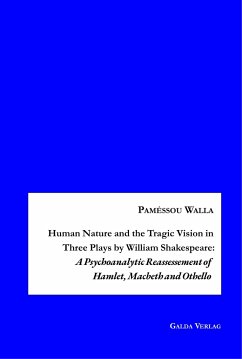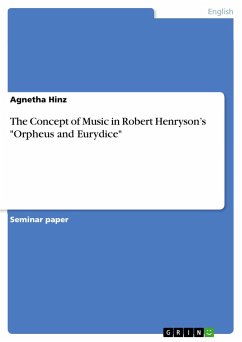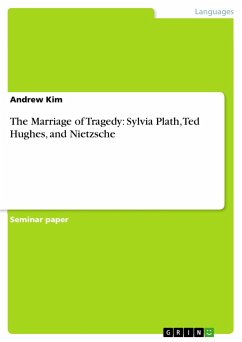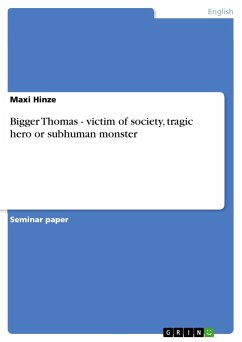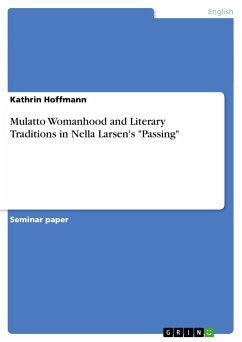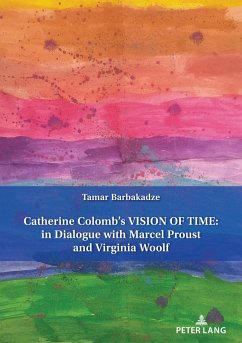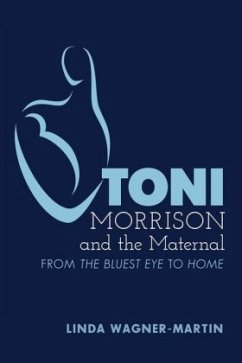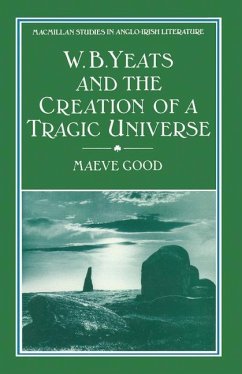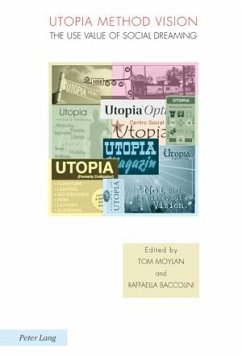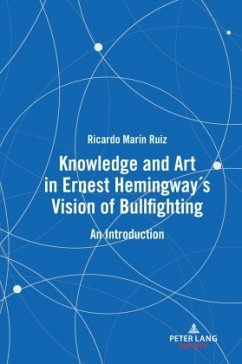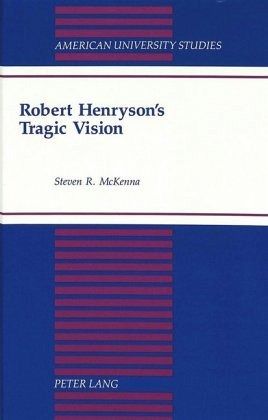
Robert Henryson's Tragic Vision
Versandkostenfrei!
Versandfertig in 6-10 Tagen
35,99 €
inkl. MwSt.

PAYBACK Punkte
18 °P sammeln!
This study offers the Henryson scholar and the student of literary theory a challenging consideration of the poet's conception of tragedy. Dr. McKenna interprets Henryson as decidedly radical in orientation toward the nature of tragic action and the nature of the tragic protagonist. The poet portrays these figures as having essentially heroic status despite their obvious sins and villainy. The general approach of this study is an evaluation of Henryson's exploration of the hero's confrontation with the existential horror of reality and the extent to which mythological constructs provide tragic...
This study offers the Henryson scholar and the student of literary theory a challenging consideration of the poet's conception of tragedy. Dr. McKenna interprets Henryson as decidedly radical in orientation toward the nature of tragic action and the nature of the tragic protagonist. The poet portrays these figures as having essentially heroic status despite their obvious sins and villainy. The general approach of this study is an evaluation of Henryson's exploration of the hero's confrontation with the existential horror of reality and the extent to which mythological constructs provide tragic action a measure for collective humanity by which meaning can be sought.



